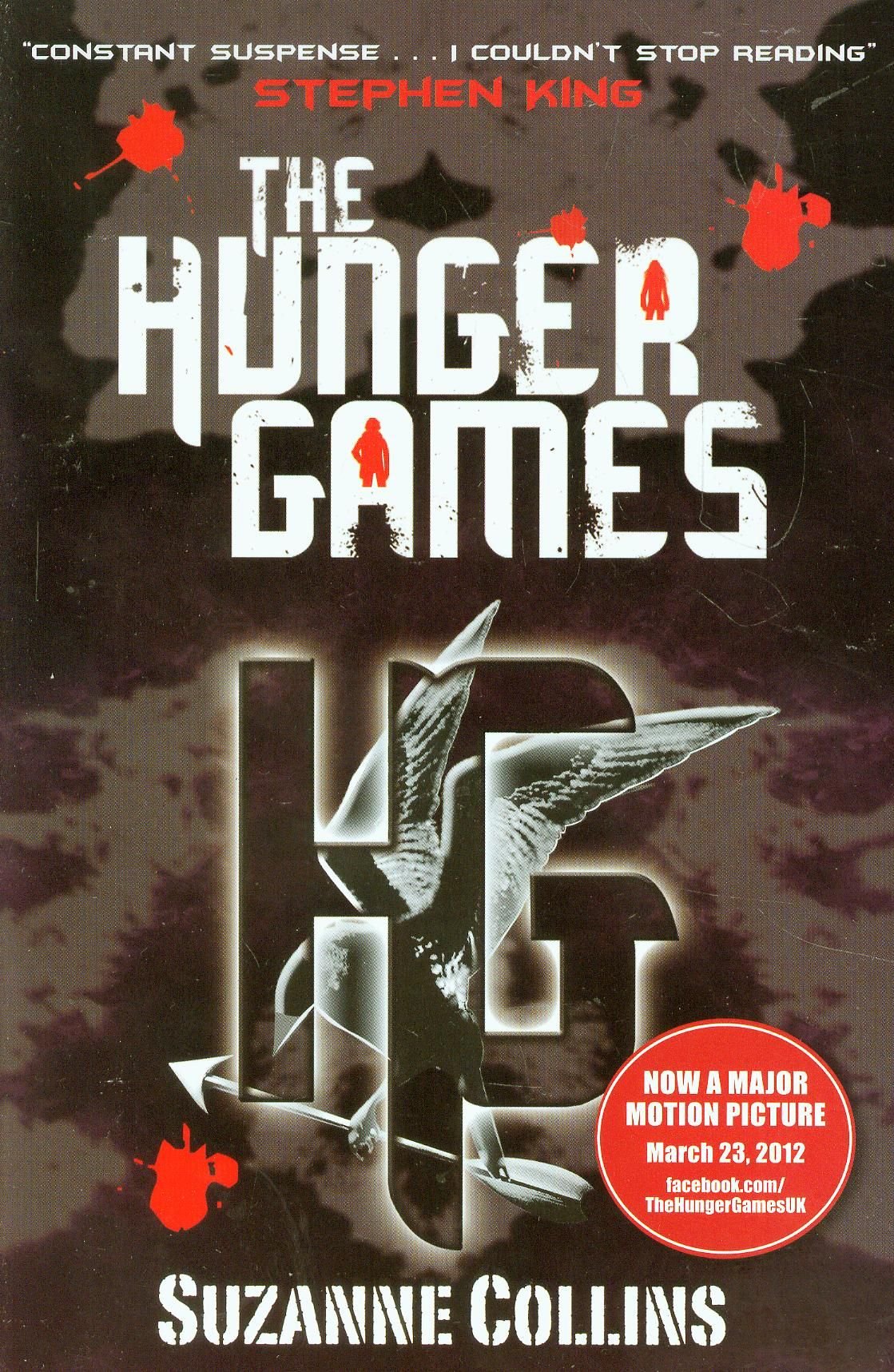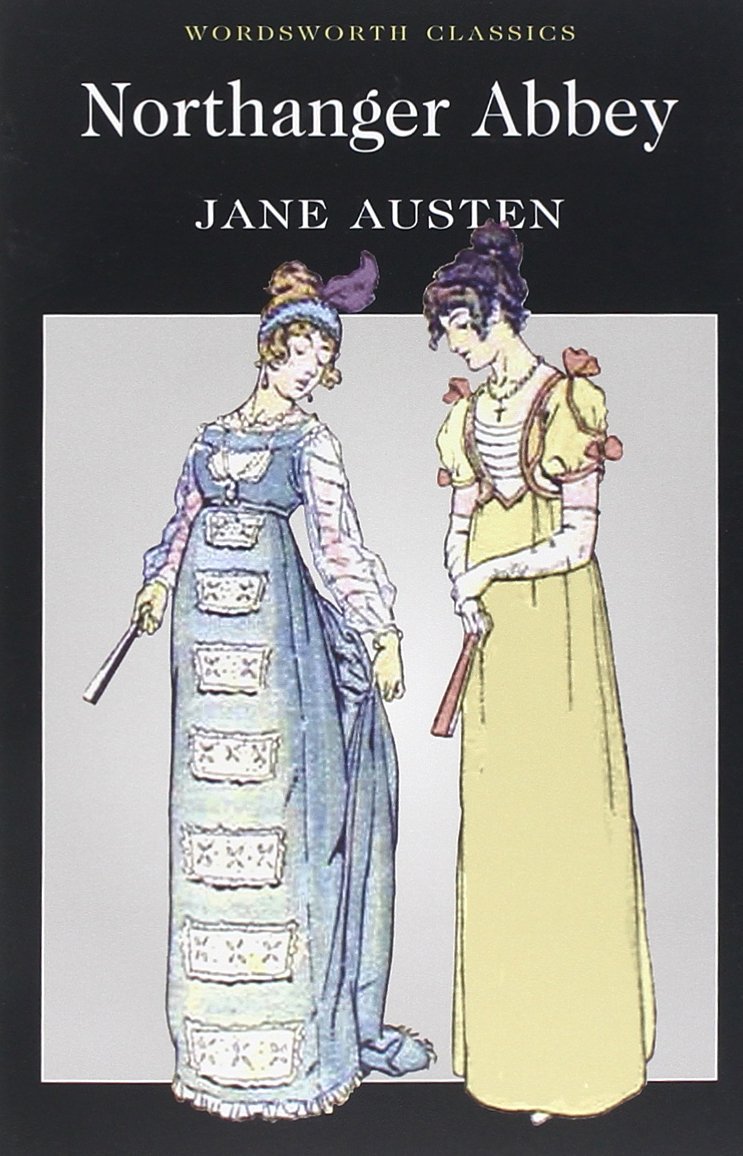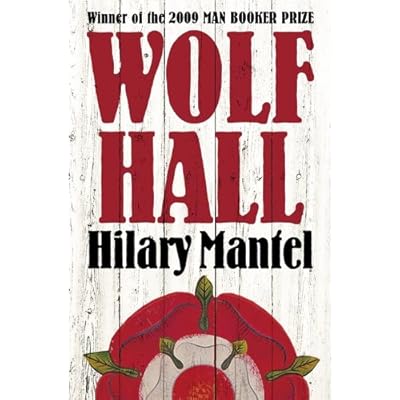 Oh sweet temptation, I cave to thee ever so oft', and yet, how scarcely do I regret it. A tinge of embarrassment, possibly, and an element of judging the fool that wears my shoes does creep in, but that's alright. That's alright.
This book has caught my attention numerous times since it hit the stands a couple of years ago, and each time, I picked it up, put it back on the shelf and moved on. About three weeks back though, desperate to try and find something that would complete my three-for-two purchase at Waterstones, this was picked up. Allow me a moment of sentimentality, for it's a dilemma I might never face again, with the three-for-two scheme coming to a close.
Oh sweet temptation, I cave to thee ever so oft', and yet, how scarcely do I regret it. A tinge of embarrassment, possibly, and an element of judging the fool that wears my shoes does creep in, but that's alright. That's alright.
This book has caught my attention numerous times since it hit the stands a couple of years ago, and each time, I picked it up, put it back on the shelf and moved on. About three weeks back though, desperate to try and find something that would complete my three-for-two purchase at Waterstones, this was picked up. Allow me a moment of sentimentality, for it's a dilemma I might never face again, with the three-for-two scheme coming to a close.
What do you say about a book where the writing is ordinary at best, the plot supposedly unoriginal (inspired by the Japanese novel, Battle Royale), and a book which is aimed at young adults about survival?
Kill or be killed. "Last man standing" wins. Innocent people die. Innocent children die. It's a far cry from the days of Nancy Drew and The Hardy Boys, where justice was always served; from the days of Sweet Valley which was just high school fluff; from Roald Dahl where the villainous characters always got what was coming to them as they were purely outsmarted or outwitted by brilliant children.
Maybe you put that into perspective, with the Harry Potter books, where the innocent died at the hands of Lord Voldemort, and it was left to The Boy That Lived and his friends to avenge their family and friends, and protect the world of wizardry from the Dark Lord and Death Eaters.
In a futuristic society, North America has been replaced by the twelve districts of Panem. Every year, two teenagers (a boy and a girl) from each district are chosen to participate in a reality TV series (will we never escape those?): The Hunger Games. The objective of the Games is simple: the last teenager still standing wins, and the way to ensure victory and your own survival is to kill others your own age, who haven't committed any crimes, who've done nothing wrong.
In District 12, the poorest of the Districts, Katniss' younger sister is called upon to represent her district. Katniss immediately volunteers in her place, protective of her younger sister. The other representative from the district is Petra - the baker's son. The two go to the Capitol, show-off their skills, eat more than they've ever eaten and see more luxury than they've ever seen. They prepare for the Games, honing their existing skills, and trying to build new ones, as they meet the other tributes - the other representatives.
And then the Games begin.
People from the different districts group together, and hunt in packs, and like in any other dystopia, it's cringeworthy to see how naturally people do anything to survive, even though it's the monsters at the Capitol who have ensured this lunacy occurs year after year, as a punishment for a rebellion that occurred years ago. The book is gripping, as everyone wants to the girl who volunteered to take her younger sister's place to emerge victorious. It's not that the others should die (although a couple of them are truly obnoxious), but, the rules are simple.
Obviously, as the case is, with most fiction (young adult or otherwise), there's a parallel love story, as all the tributes battle for survival and the pride that comes with emerging victorious. It's these parallel - sometimes unnecessary - love stories that make these books slightly trying. Same thing with Harry Potter and the Harry-Ginny, Hermione-Ron thing - what was the point? What did it accomplish? Such a tame ending to the seventh book.
I digress.
There's a love story, here as well, but possibly, what Collins has done is, made this love story the base for the second and third books of the trilogy (which I have also finished and will pen down my thoughts on, in due course); the base for the Capitol's anger; and the base for the events that follow - but no spoilers here. Not yet anyway.
I'd recommend this book, in all its entertaining glory. It's not great reading, by any stretch of the imagination, but a book this entertaining and gripping deserves a read.

 Despite being the first novel that Austen started writing, Northanger Abbey was only published posthumously. It's the second book by the much-acclaimed author that I have finished, and while I thought
Despite being the first novel that Austen started writing, Northanger Abbey was only published posthumously. It's the second book by the much-acclaimed author that I have finished, and while I thought  As some of you might already know, The Catcher In The Rye is one of my favourite books of all times. I've read it, and re-read it, and then read it again. At the age of fourteen, the first time I read it, I fell in love with Holden Caulfield. A decade later, I still love Holden Caulfield, and all his quirks, but I sympathise with him, and my heart goes out to him.
At one point, I was reading this book every year - sometimes, even more often. When I started working, my ancient edition found a permanent spot on my desk, and it was just there for me to flip through, on days when things didn't make sense. Eventually, the book found its way back to my bookshelf, and I picked it out the other day, to find some solidarity, and to fall in love with the book and the author all over again.
As some of you might already know, The Catcher In The Rye is one of my favourite books of all times. I've read it, and re-read it, and then read it again. At the age of fourteen, the first time I read it, I fell in love with Holden Caulfield. A decade later, I still love Holden Caulfield, and all his quirks, but I sympathise with him, and my heart goes out to him.
At one point, I was reading this book every year - sometimes, even more often. When I started working, my ancient edition found a permanent spot on my desk, and it was just there for me to flip through, on days when things didn't make sense. Eventually, the book found its way back to my bookshelf, and I picked it out the other day, to find some solidarity, and to fall in love with the book and the author all over again. Oh, for such a small novella (tautology?), The Driver's Seat covers so much, with a dark plot, completely mental characters and just bizarreness all around! Lise, a thirty-something year old woman, is stuck in a dull office job for a decade or so, and she's about to embark on her first vacation. At the very outset, we discover that Lise is completely and utterly nuts. Like flips out in a shop, while looking for a dress to travel in, when the salesperson tells her it's made from stain-resistant material... so much so that she walks out of the store, as she is affronted by the insinuation that she does not eat properly.
When she finally finds an outfit to wear ("a lemon-yellow top with a skirt patterned in bright V's of orange, mauve and blue.' and a coat over the top 'narrow stripes, red and white with a white collar") during her travels, the reader is left truly bewildered, by the sheer garishness of it, which she justifies easily.
Oh, for such a small novella (tautology?), The Driver's Seat covers so much, with a dark plot, completely mental characters and just bizarreness all around! Lise, a thirty-something year old woman, is stuck in a dull office job for a decade or so, and she's about to embark on her first vacation. At the very outset, we discover that Lise is completely and utterly nuts. Like flips out in a shop, while looking for a dress to travel in, when the salesperson tells her it's made from stain-resistant material... so much so that she walks out of the store, as she is affronted by the insinuation that she does not eat properly.
When she finally finds an outfit to wear ("a lemon-yellow top with a skirt patterned in bright V's of orange, mauve and blue.' and a coat over the top 'narrow stripes, red and white with a white collar") during her travels, the reader is left truly bewildered, by the sheer garishness of it, which she justifies easily. What an amazing name for a book! That was the first thought that came to me when I saw this book at Waterstones. The gist sounded promising enough, and you've got to give a book with such a title a chance. And so I did.
The initial chapters are indeed promising. However, as you keep turning the pages, it just keeps going downhill. And then you force yourself to finish it, and are left wondering.... why?!
What an amazing name for a book! That was the first thought that came to me when I saw this book at Waterstones. The gist sounded promising enough, and you've got to give a book with such a title a chance. And so I did.
The initial chapters are indeed promising. However, as you keep turning the pages, it just keeps going downhill. And then you force yourself to finish it, and are left wondering.... why?!  When Wolf Hall won the Booker Prize in 2009, I was slightly disappointed. It was one of those books on both, the longlist and the shortlist, that I didn't want to read. I can't quite put my finger on what it was, but there was zero motivation to read the book.
A couple of weeks back though, I pulled it out from my Chunksters shelf, and decided to give it a go, prepared to abandon it midway. But, from the minute I started it till the time I turned the last page, I was totally mesmerised, and was kicking myself (not literally) for not pulling it down sooner.
When Wolf Hall won the Booker Prize in 2009, I was slightly disappointed. It was one of those books on both, the longlist and the shortlist, that I didn't want to read. I can't quite put my finger on what it was, but there was zero motivation to read the book.
A couple of weeks back though, I pulled it out from my Chunksters shelf, and decided to give it a go, prepared to abandon it midway. But, from the minute I started it till the time I turned the last page, I was totally mesmerised, and was kicking myself (not literally) for not pulling it down sooner.
 Too Much Happiness is a collection of short stories by internationally-acclaimed writer, Alice Munro. Not being a big fan of short stories, I always start a collection tentatively, not really expecting to enjoy it, but hoping to be pleasantly surprised. Munro's
Too Much Happiness is a collection of short stories by internationally-acclaimed writer, Alice Munro. Not being a big fan of short stories, I always start a collection tentatively, not really expecting to enjoy it, but hoping to be pleasantly surprised. Munro's  It's been a fantastic weekend, with Sunday seeing me curled up in bed for the better half of the day, with this fantastic thriller, and a big bag of M&Ms.
For me, it's kind-of hard to imagine that Scandinavia has a dark underbelly. What with the strong economy, the idyllic fjords and the breathtaking mountains, it's almost like a slice of heaven. Even the events in Oslo on July 22 seem so surreal... so un-Scandinavian, so wrong...
It's been a fantastic weekend, with Sunday seeing me curled up in bed for the better half of the day, with this fantastic thriller, and a big bag of M&Ms.
For me, it's kind-of hard to imagine that Scandinavia has a dark underbelly. What with the strong economy, the idyllic fjords and the breathtaking mountains, it's almost like a slice of heaven. Even the events in Oslo on July 22 seem so surreal... so un-Scandinavian, so wrong... If there was ever a book that just made you feel slightly uneasy, a tad queasy, very uncomfortable, but still had you hooked, this would be it.
You have Brodeck, who survived being treated like a dog - literally - in a prisoner-of-war camp, in France, during an unnamed war, albeit implicitly it suggests that the war is World War II. He returns to his village, a changed man, and as he goes through the motions of ordinary life, he is still haunted by the past. The growing xenophobia and animosity in the village doesn't really help either.
If there was ever a book that just made you feel slightly uneasy, a tad queasy, very uncomfortable, but still had you hooked, this would be it.
You have Brodeck, who survived being treated like a dog - literally - in a prisoner-of-war camp, in France, during an unnamed war, albeit implicitly it suggests that the war is World War II. He returns to his village, a changed man, and as he goes through the motions of ordinary life, he is still haunted by the past. The growing xenophobia and animosity in the village doesn't really help either.